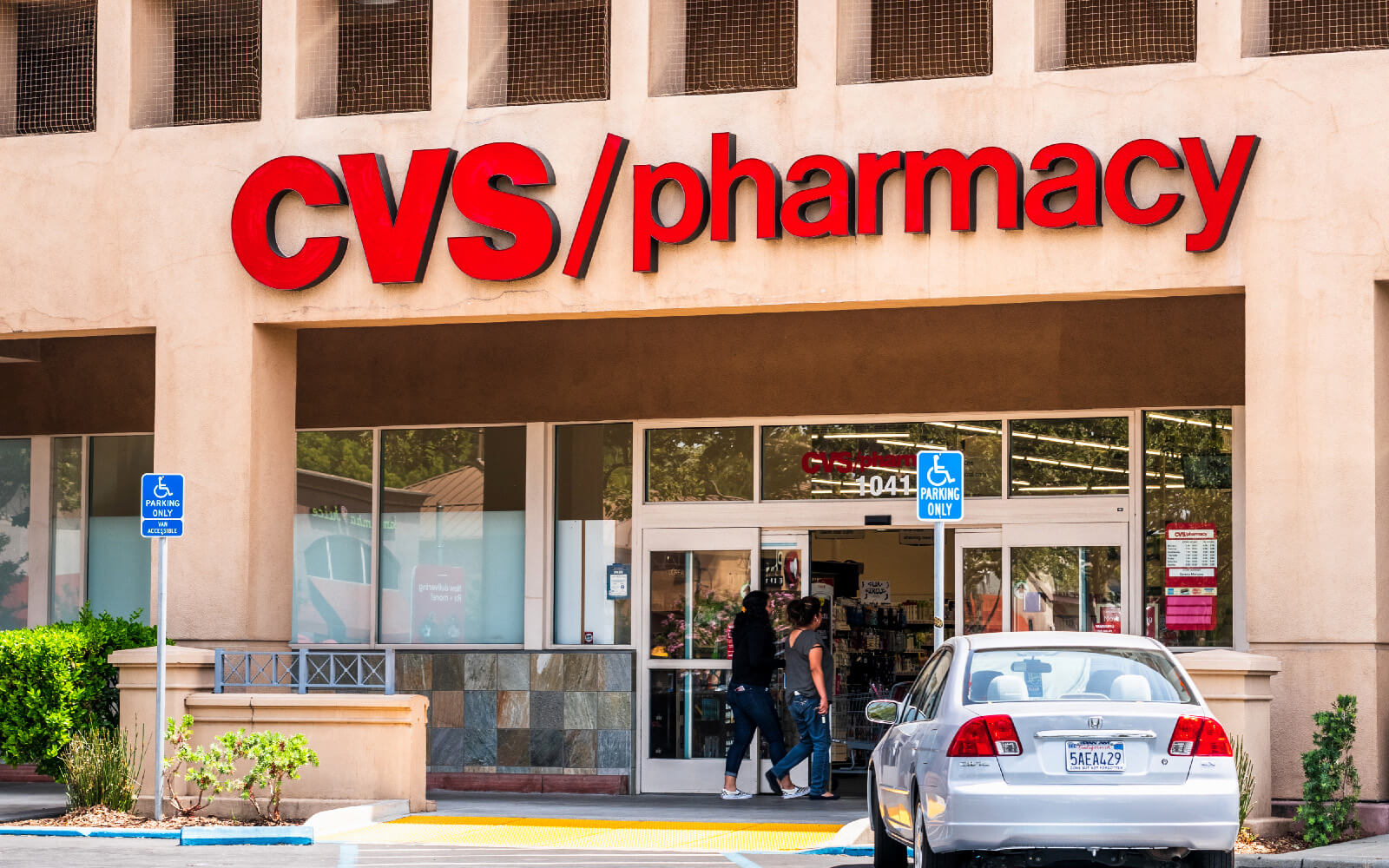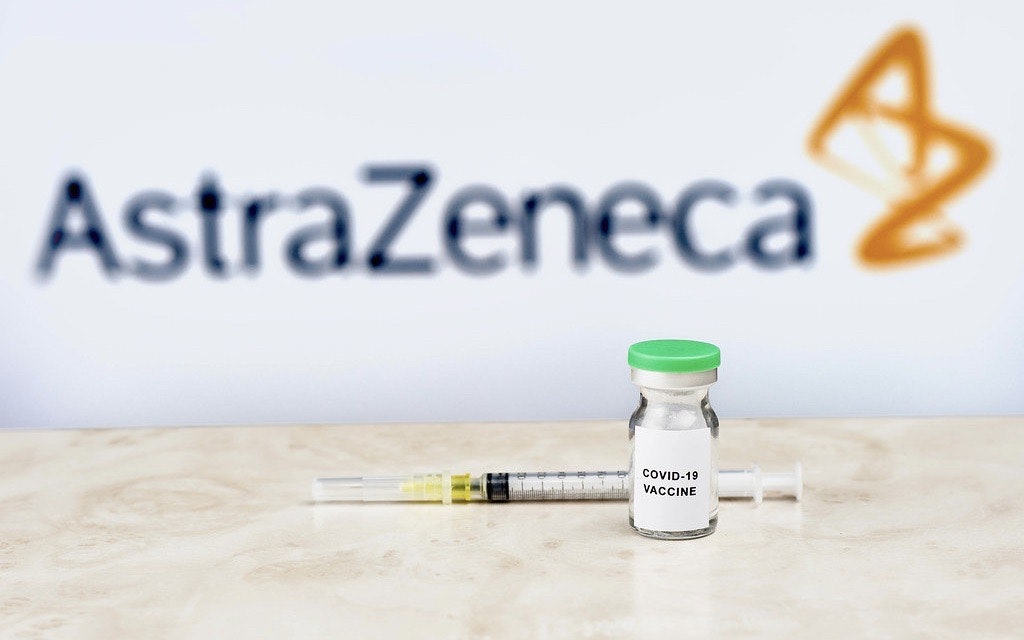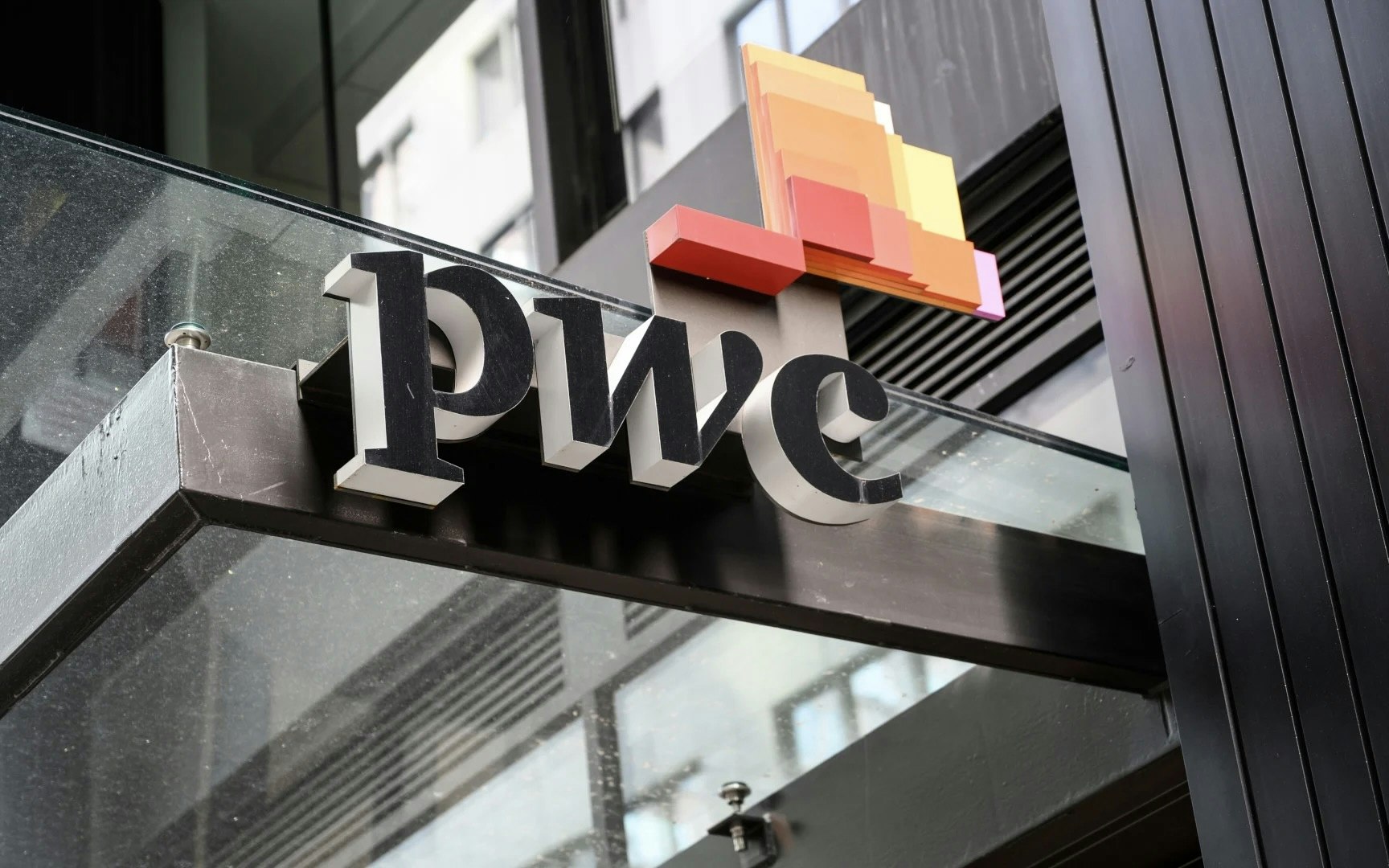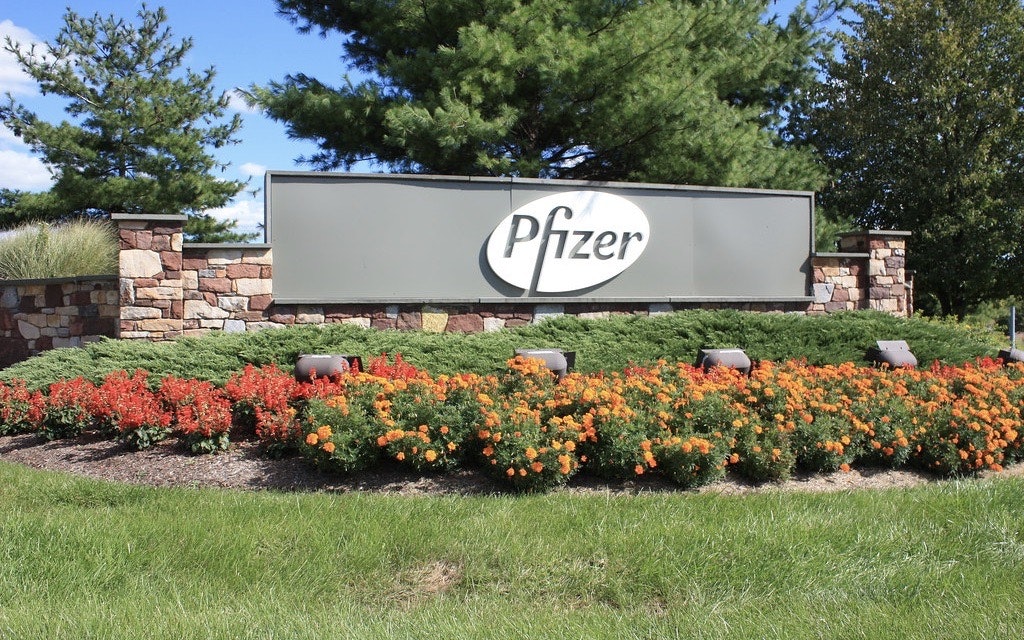Pharma
CVS Health replaces CEO following another profit warning
After another profit warning, CVS Health is replacing its CEO Karen Lynch with David Joyner in order to address financial challenges and steer the company back onto a growth trajectory.

CVS Health has replaced its CEO after the company again warned of lower profits, leading to a roughly seven percent drop in stock price. David Joyner takes over the leadership of the troubled health corporation, replacing Karen Lynch, as the company announced on Friday.
Joyner, previously President of CVS Caremark, the company's pharmacy benefit manager, as well as Executive Vice President of CVS, now faces the challenge of resolving issues in the insurance division Aetna and steering the company back to a growth trajectory. Simultaneously, he must contend with the review by the Federal Trade Commission, which is investigating the practices of pharmacy benefit managers like Caremark.
CVS has repeatedly lowered its profit forecasts this year, leading to a 19 percent drop in its stock price since the beginning of the year. The company now expects third-quarter results to fall significantly short of expectations, mainly due to ongoing issues at Aetna. It will also withdraw its latest profit forecast for the full year 2024, marking the fourth downgrade since Investor Day in December 2023.
Roger Farah, previously Chairman of the Board of Directors, will additionally assume the role of Executive Chair. Farah stated that the company will now "move forward intact" and emphasized the importance of improved healthcare for the USA. Joyner added that it is now primarily about delivering on the promises already made.
CVS, known for its pharmacy chain, is one of the largest healthcare companies in the USA with a revenue of around 358 billion USD last year. Besides dispensing medications, the company offers health insurance through Aetna, operates the senior-focused Oak Street clinics, and manages medication costs through its Caremark unit.
The recent investments in Medicare health insurance plans have proven to be problematic. Aetna expanded enrollment in its Medicare plans at a time when healthcare costs were rising and the federal government was changing billing rules. These challenges have significantly contributed to the financial difficulties of CVS.
Joyner emphasized that he would focus intensively on improving Aetna's performance. He pointed to recently announced improvements in the insurer's Medicare quality ratings and efforts to introduce new payment models for the pharmacy and pharmacy benefit businesses.
For the third quarter, CVS now expects earnings per share of between 3 and 8 cents, or between $1.05 and $1.10 on an adjusted basis. Analysts, according to FactSet, had expected adjusted earnings per share of $1.69. The results will also include impacts from store closures and cost-cutting measures.






